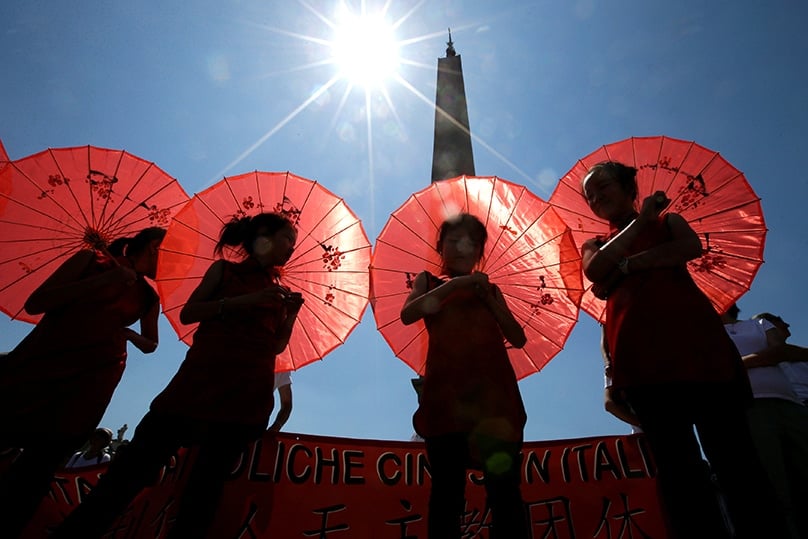
There is no doubt that in matters of strategy the Chinese government is more than a match for the Vatican and its diplomatic corps: several millennia of history all testify to a highly developed understanding of manouevre in the interests of a final strategic objective that is one of the more notable aspects of Chinese culture. Perhaps the best known text of this tradition is Sun Tzu’s Art of War, a work of military and political genius still studied not only in military colleges the world over but in faculties of business, politics, government and administration in universities around the world.
All of which is one reason why Vatican diplomats should take careful pause to consider the fullest possible ramifications and consequences of the agreement between the Vatican and the Chinese government on the appointment of Catholic bishops in China, the ratification of which has been widely reported as being imminent.
As always, the story of Christianity and the Catholic Church in China is complex. Since Communism took power in China in 1949 Christianity and the Catholic Church have undergone intermittent persecution, much of it little known outside China. Yet just like the Ukrainian Catholic Church, the Church in China is a church of martyrs and confessors of the faith — sadly, all-too-little known in the West. And while persecution has been unpredictable, what has remained constant is the Chinese government’s desire to suborn Christianity — and especially the Catholic Church — to its own ideology.
Yet Chinese control of Christianity has failed spectacularly, a factor which may have not have occurred fully enough to Vatican diplomats anxious to score an historic coup via an agreement. While the Chinese government has controlled the Catholic Patriotic Association and the appointment of its bishops, an underground church for whom the only head of the church is God, not the Communist Party, has not only survived but, in many ways, prospered — especially in outlying areas far from major Party centres of control. Meanwhile, Christianity is exploding throughout China because the great Marxist experiment with radical materialism has shown ordinary Chinese that true happiness is not to be found in the directives of the Central Committee of the Communist Party.
The great danger in any agreement, as Cardinal Joseph Zen of Hong Kong warned last week, is effectively surrendering the appointment of bishops to Chinese Government control. Whether that would happen is uncertain and, we would like to think, impossible.
Yet the precedent for Vatican naivity in relation to a communist regime certainly exists. The Ostpolitik of Cardinal Agostino Casaroli under popes John XXIII and Paul VI became a spectacular example of the Vatican abandoning the persecuted Catholics and Christians of eastern Europe. In a certain sense it was a betrayal, certainly involving efforts to displace Cardinal Stefan Wyszinski of Poland. It was certainly a failure which, in the eyes of some historians, came close to destroying Catholicism in Hungary. In approaching an agreement, Vatican diplomats need to remember that a repeat this time around could only be described as a farce.
